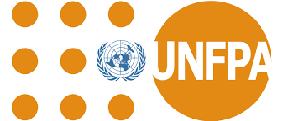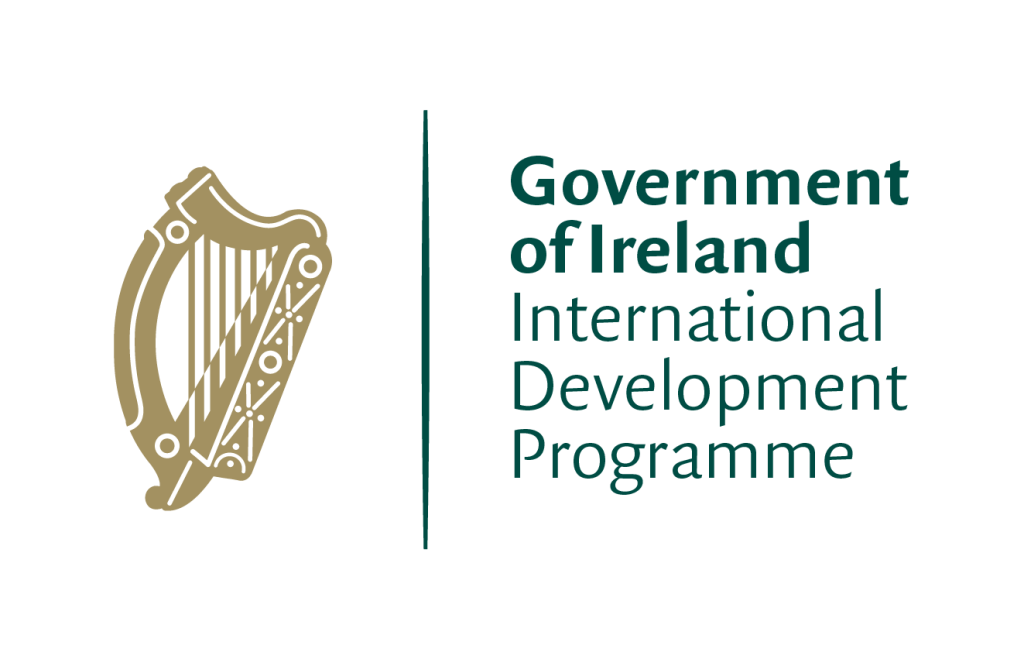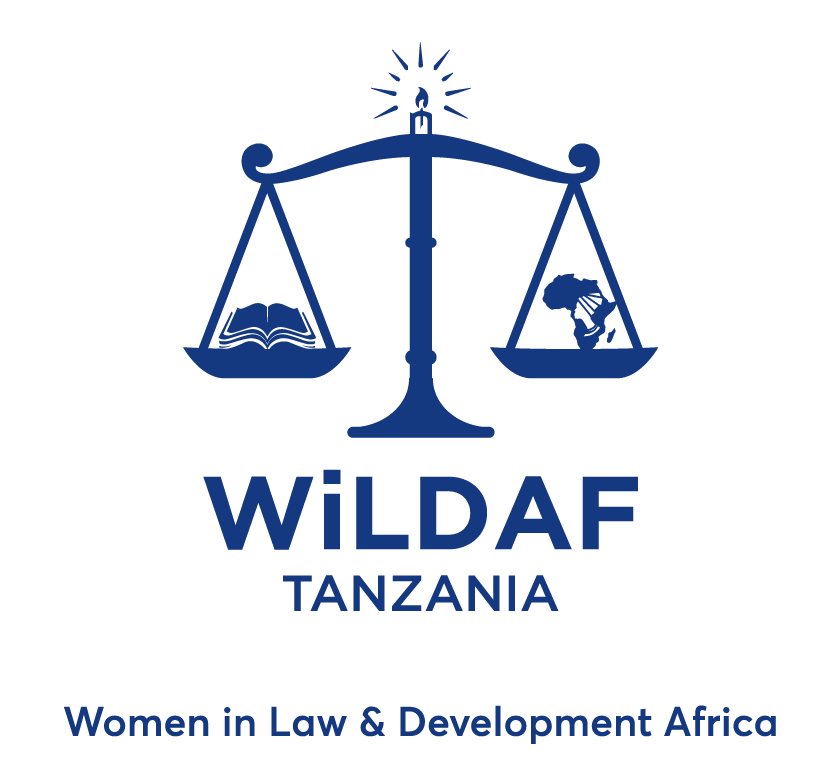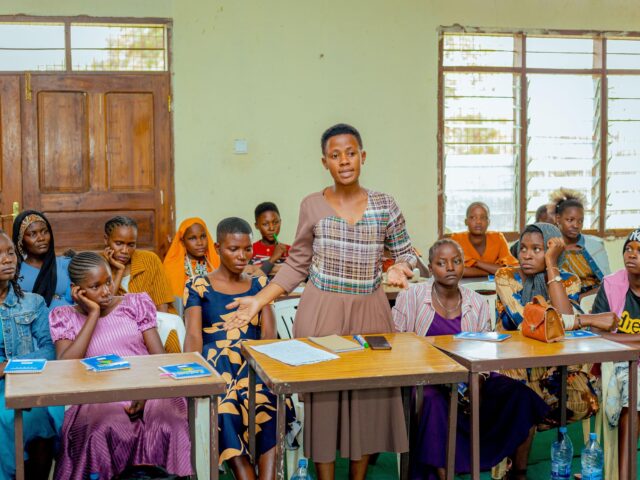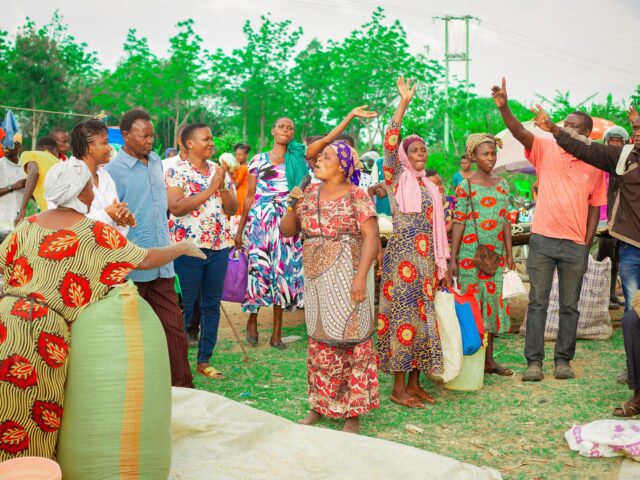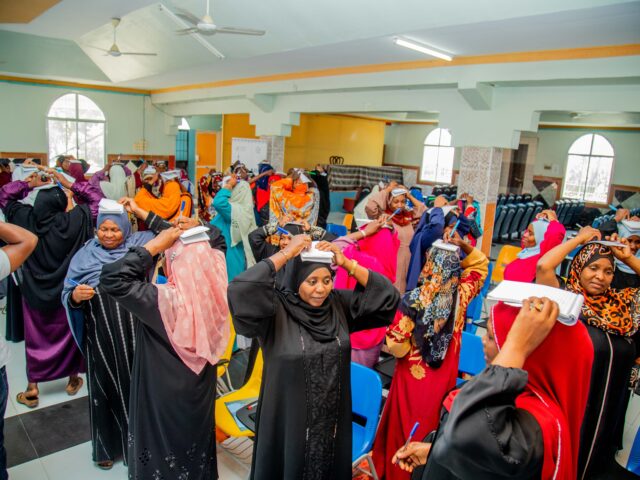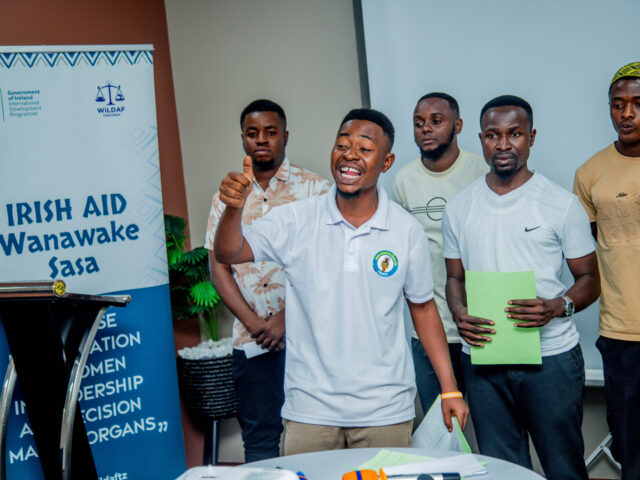



“Silence never solved anything. Speak up against violence, and let your voice be heard!”
What We Do
Women in Law and Development in Africa (WiLDAF) stands at the forefront of championing women’s rights across the African continent, embodying a powerful nexus of law and development to empower women. Founded in 1990 in Harare, Zimbabwe, WiLDAF has grown into a Pan-African network dedicated to amplifying women’s roles and impact from community to international levels, advocating for gender equality as both a fundamental right and a cornerstone for global prosperity and peace.
Access to Justice for Women, Girls, and Other Marginalized Citizens
Gender Based Violence to End Violence Against Women and Children
Women Leadership and Feminist Movements
Bodily Autonomy and Sexual and Reproductive Health and Rights (SRHR)
Women’s Economic Justice and Rights.
Partnership and Institutional capacity.
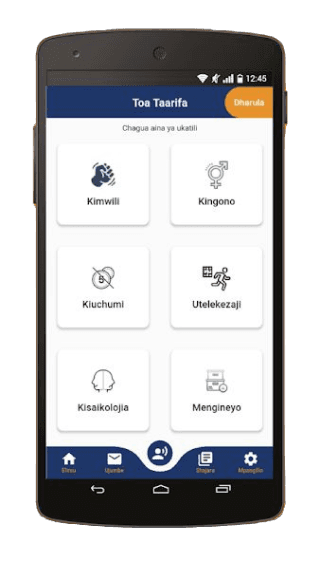
connecting you to immediate guidance and support with just a tap.
We provide legal service to women and children who cannot afford to hire advocates.
You can access this service through our toll free line 0800780070 or Funguka App.
You may also visit our legal aid clinics located at our offices in Dar es salaam, Njombe, Shinyanga and Zanzibar.
Kwa msaada wa kisheria piga simu bure 0800780070 Au pakua Funguka App

Human Rights Embassy Tulip Award Winner
15,000,000
16 Days of Activism Campaign Reach 2024
26303
Women's Rights To End GBV
937
Adolescent and Young Women Empowered Economically
16 Days Of Activism Against Gender Based Violence Campaign
Be a part of creating safe and equal communities for women.
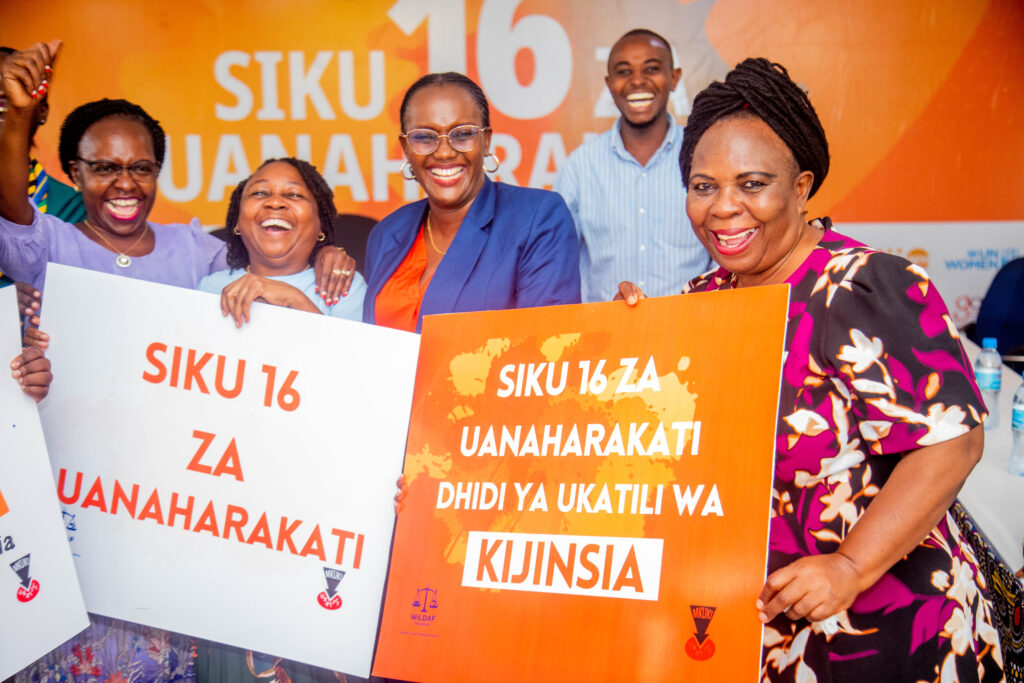
Recent News
Partners
